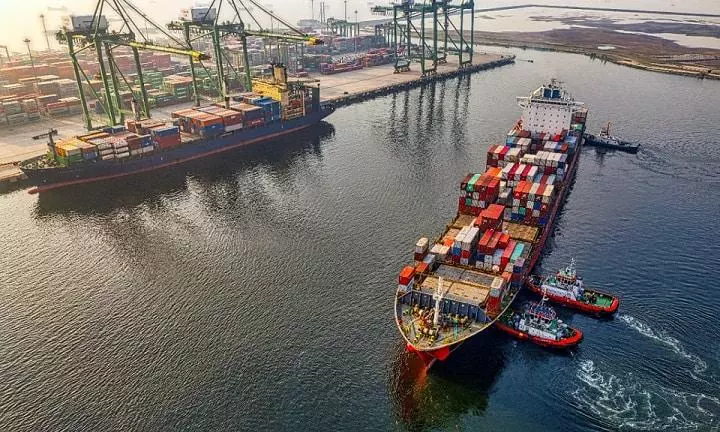"Don't blame carriers' profits for inflation"
Sharp drop in carrier profits in 2023 will add a deflationary component to world inflation, says Sea-Intelligence

During the freight rate peak in 2021-2022, there was criticism, often levelled at the highest levels (including U.S. President Joe Biden) that the carriers’ high level of profitability was a main driver of inflation.
"At its peak, freight rates were a little over 200 percent higher than in the comparative period in 2019. For the shipping lines, their combined 2021 and 2022 profits were more than $400 billion," says the latest update from Sea-Intelligence.
"However, when we put these profits in the context of the value of goods being moved, carriers’ profits are relatively extremely small. The same is true even when compared to only merchandise categories that are primarily shipped in containers; they are largely inconsequential."
The global average inflation rate in consumer prices in 2021 was 4.7 percent, according to the IMF, increasing by four percentage points to 8.7 percent in 2022. "When we compare global inflation to the carriers’ profits as a share of the value of global merchandise trade, we can calculate the inflationary effect caused by the carriers’ profits. In simpler terms, the increase in carriers’ profits from one year to the next can be seen as the resultant added inflation in that year."
As can be seen from Figure 1, in the context of full inflation each year, carriers’ added profits account for only a minor explanatory variable, the update added. "Seen over the full period covering 2020-2022, global inflation has been a cumulative 17.5 percent. In the same period, the cumulative effect from the carriers’ increased profits has been 0.9 percent."
For added context, it should be noted that the sharp drop in carrier profits in 2023 will add a deflationary component to world inflation, the update said.



